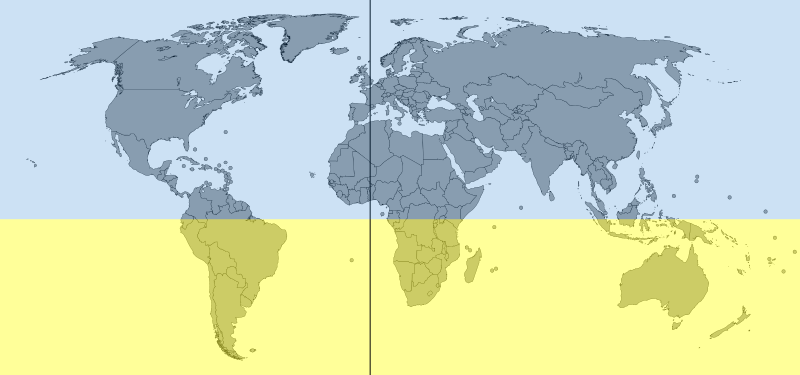Two years ago I wrote about the number 84,672, which has a surprising property: When its name is written out in (American) English (EIGHTY FOUR THOUSAND SIX HUNDRED SEVENTY TWO) and the letter counts of those words are multiplied together (6 × 4 × 8 × 3 × 7 × 7 × 3), they yield the original number (84,672).
Such numbers are called fortuitous, and, not surprisingly, very few of them are known. When I wrote about them in 2019, the whole list ran 4, 24, 84672, 1852200, 829785600, 20910597120, 92215733299200. Now Jonathan Pappas has discovered two more:
1,239,789,303,244,800,000
ONE QUINTILLION TWO HUNDRED THIRTY NINE QUADRILLION SEVEN HUNDRED EIGHTY NINE TRILLION THREE HUNDRED THREE BILLION TWO HUNDRED FORTY FOUR MILLION EIGHT HUNDRED THOUSAND
3 × 11 × 3 × 7 × 6 × 4 × 11 × 5 × 7 × 6 × 4 × 8 × 5 × 7 × 5 × 7 × 3 × 7 × 5 × 4 × 7 × 5 × 7 × 8 = 1,239,789,303,244,800,000
887,165,996,513,213,819,259,682,435,576,627,200,000,000
EIGHT HUNDRED EIGHTY SEVEN DUODECILLION ONE HUNDRED SIXTY FIVE UNDECILLION NINE HUNDRED NINETY SIX DECILLION FIVE HUNDRED THIRTEEN NONILLION TWO HUNDRED THIRTEEN OCTILLION EIGHT HUNDRED NINETEEN SEPTILLION TWO HUNDRED FIFTY NINE SEXTILLION SIX HUNDRED EIGHTY TWO QUINTILLION FOUR HUNDRED THIRTY FIVE QUADRILLION FIVE HUNDRED SEVENTY SIX TRILLION SIX HUNDRED TWENTY SEVEN BILLION TWO HUNDRED MILLION
5 × 7 × 6 × 5 × 12 × 3 × 7 × 5 × 4 × 11 × 4 × 7 × 6 × 3 × 9 × 4 × 7 × 8 × 9 × 3 × 7 × 8 × 9 × 5 × 7 × 8 × 10 × 3 × 7 × 5 × 4 × 10 × 3 × 7 × 6 × 3 × 11 × 4 × 7 × 6 × 4 × 11 4 × 7 × 7 × 3 × 8 × 3 × 7 × 6 × 5 × 7 × 3 × 7 × 7 = 887,165,996,513,213,819,259,682,435,576,627,200,000,000
A 10th solution, if one exists, will be greater than 10138.
Details are here. Jonathan has also discovered some cyclic solutions (ONE HUNDRED SIXTY EIGHT -> FIVE HUNDRED TWENTY FIVE -> SIX HUNDRED SEVENTY TWO -> FOUR HUNDRED FORTY ONE -> FOUR HUNDRED TWENTY -> ONE HUNDRED SIXTY EIGHT) and the remarkable 195954154450774917120 -> 195954154450774917120000 -> 1959541544507749171200000.
(Thanks, Jonathan.)


